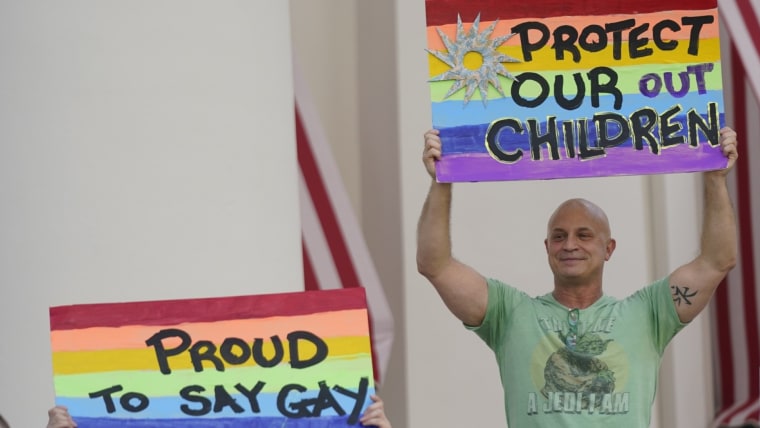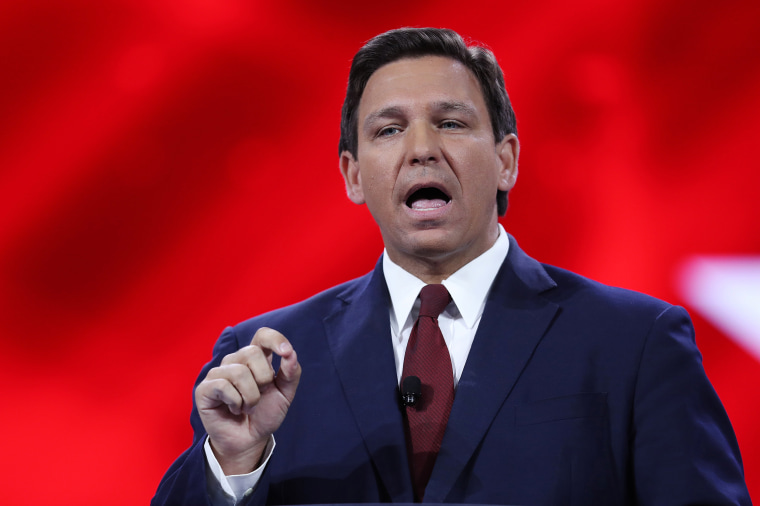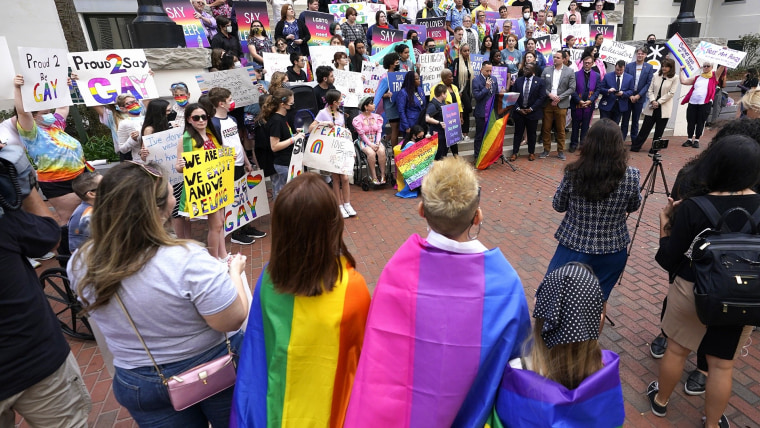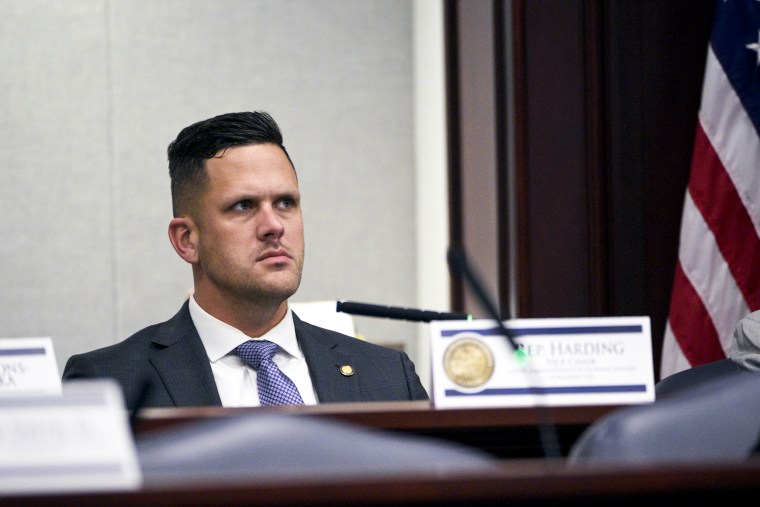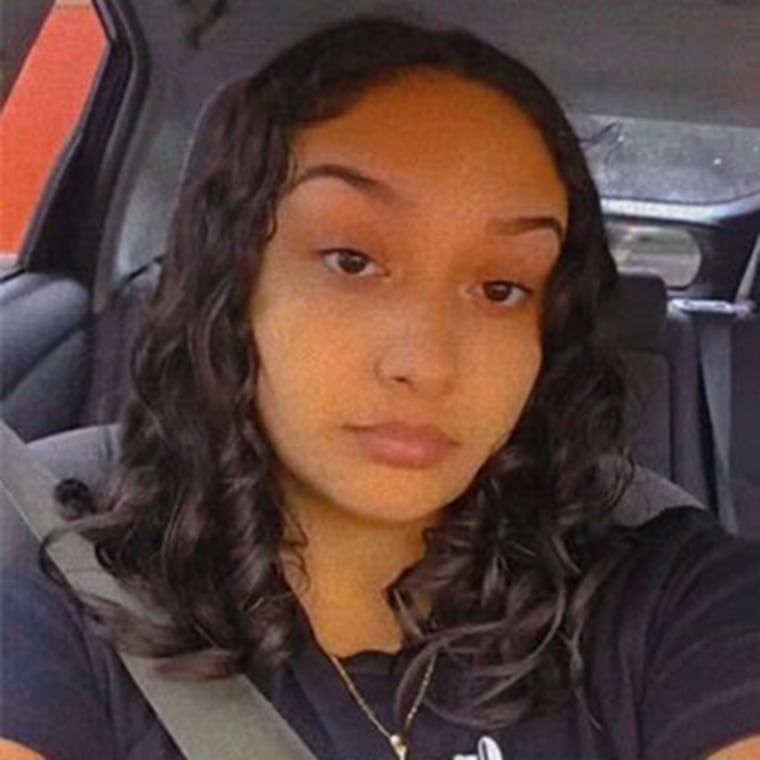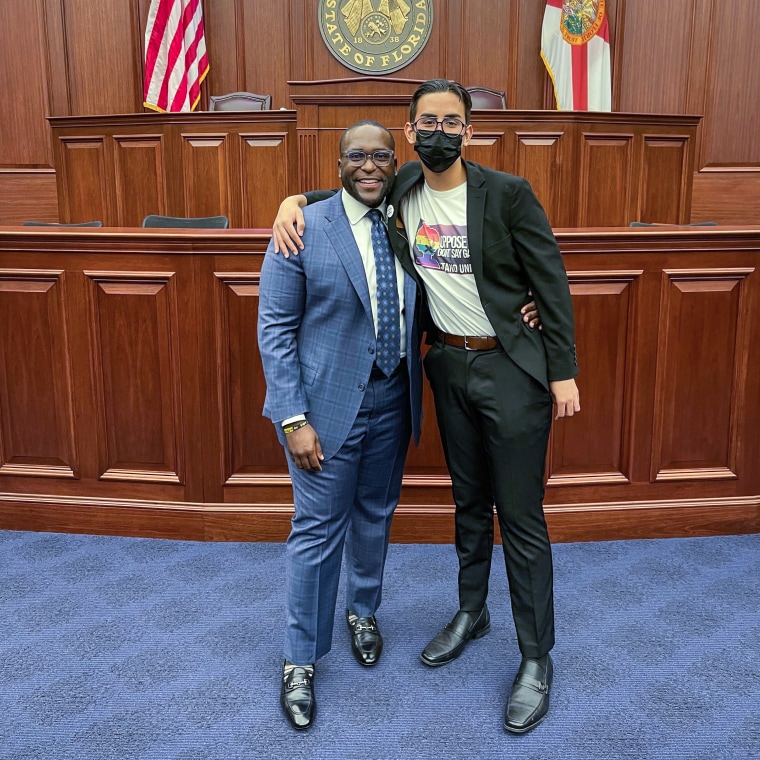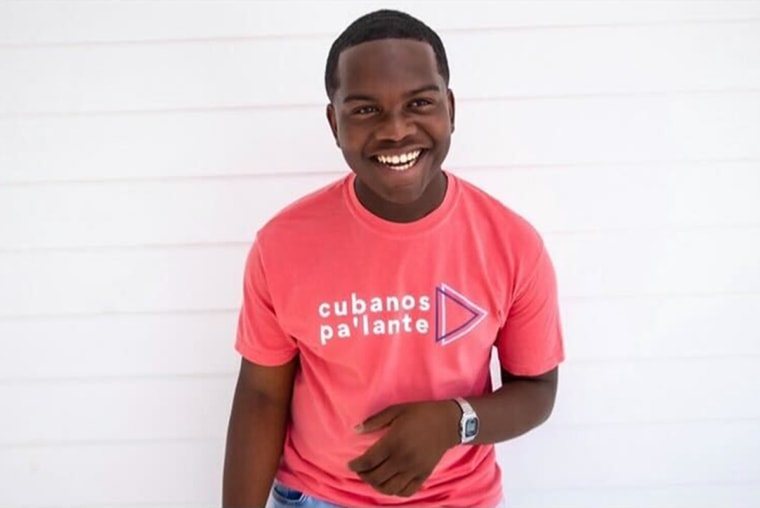AZ LGBT+ Group Pressures HRC; others to stop donating to Sen. Sinema
A liberal group that helped push EMILY’s List to cut ties with Sen. Kyrsten Sinema (D-Ariz.) over her opposition to changing Senate rules has a new target in its pressure campaign: the Human Rights Campaign.
The Arizona Coalition to End the Filibuster has helped organize an open letter to the LGBTQ organization, which was first shared with POLITICO, urging it to withdraw financial support from Sinema until she reverses her position and supports eliminating the filibuster. The letter also calls for donors to HRC to stop funding the group unless it backs away from the senator.
“The toll of Sinema’s obstruction — which HRC continues to tacitly support and thus enable — for your constituents is growing each day,” the letter reads, “with the filibuster blocking popular legislation, backed by all or nearly all Democrats, to address the urgent issues of reproductive justice, immigrant rights, gun violence, police reform, workers’ right to organize, raising the minimum wage, and more.”
Signed by more than 100 Arizona-based LGBTQ activists and national supporters, the letter also charges that Sinema’s position on the filibuster is preventing the Equality Act from passing. The civil rights legislation would give legal protections to LGBTQ people, which Democrats said is even more urgent in the wake of Republican-controlled states passing laws such as Florida’s “Don’t Say Gay” bill.
The campaign against HRC is the latest example of Sinema and her supporters coming under fire by Democratic activists, donors and lawmakers because she has stood by the filibuster, which effectively requires 60 votes to pass most bills. EMILY’s List, formerly one of Sinema’s largest financial backers, said in January that it would cut her off unless she got behind ending the filibuster.
The abortion rights group NARAL, as well as liberal groups such as Latino Victory Fund, League of Conservation Voters and Black Voters Matter Fund, have taken similar positions.
In a statement, an HRC spokesperson pointed out a blog post by the group’s staff in February that said it was disappointed with Sinema and had pushed her to support changing Senate rules in order to pass voting rights legislation.
“HRC remains committed to passing the Equality Act, as well as working to stop the onslaught of bills in states across the country that are attacking the LGBTQ+ community,” the person added. “More than 350 bills specifically targeting transgender people — largely transgender youth — have been filed since 2020, including 130 such bills this year and 20 in Arizona alone.”
“If we had the federal protection in the Equality Act, the states wouldn’t be able to be jamming through all of these hateful bills,” said Gina Griffiths, an Arizona-based mother of a transgender 19-year-old woman who signed onto the letter. “The HRC needs to no longer support [Sinema]. … She’s letting the entire LGBTQ community down, and my daughter is not as safe as other people because of it.”
Charlotte Clymer, a former press secretary of rapid response for HRC, also signed the letter.
“There are a lot of great people at the Human Rights Campaign doing amazing work. I admire them,” Clymer told POLITICO. “But the leadership of the Human Rights Campaign needs to wake up and understand the stakes here, and I don’t think they do.”
A spokesperson for Sinema declined to provide comment for the story.
